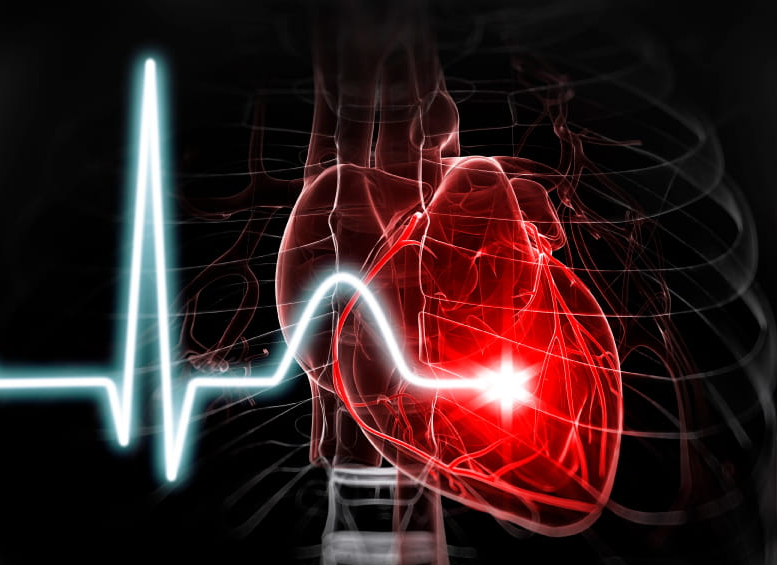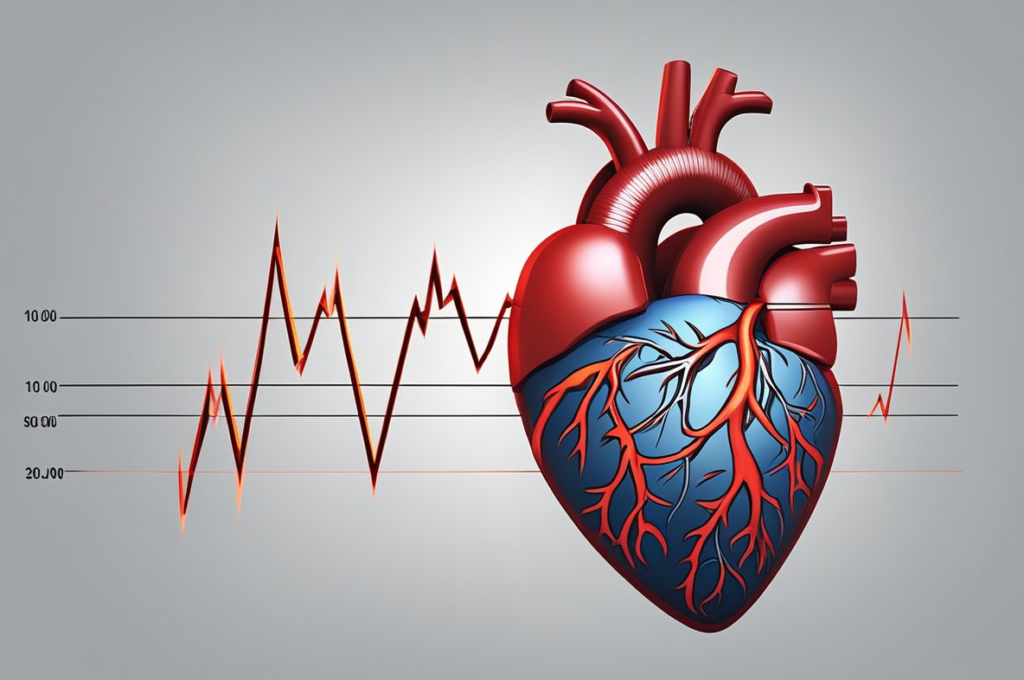Understanding your heart rate is essential for maintaining good health. A typical resting heart rate falls between 60 to 100 beats per minute (bpm). However, certain conditions may cause it to rise above or drop below this range, potentially requiring medical attention. For readers in Pakistan, where awareness about heart health is growing, this guide explains the nuances of heart rate and when it may signal a problem.
What Is a Dangerous Heart Rate?
The danger associated with a heart rate depends on various factors, such as:
- Overall health
- Age
- Usual activity levels
- Resting heart rate pattern
High Heart Rate:
A heart rate above 100 bpm at rest could indicate issues like cardiovascular strain or underlying conditions. Prolonged high rates may lead to complications such as a heart attack or stroke.
Low Heart Rate:
While a heart rate below 60 bpm isn’t always dangerous (e.g., in athletes), extremely low rates may cause dizziness, fainting, or signal conditions like sepsis. Seek medical help if this occurs.
Normal vs. Dangerous Heart Rate

Resting Heart Rate:
A healthy resting heart rate is typically between 60–100 bpm. Athletes or physically fit individuals may have lower rates, sometimes as low as 40 bpm, without any health concerns.
During Exercise:
Exercise elevates the heart rate. The ideal target and maximum heart rate depend on age:
| Age (years) | Target Heart Rate (bpm) | Maximum Heart Rate (bpm) |
|---|---|---|
| 20 | 100–170 | 200 |
| 30 | 95–162 | 190 |
| 40 | 90–153 | 180 |
| 50 | 85–145 | 170 |
While Sleeping:
Heart rates tend to lower during sleep, often dropping below 60 bpm during deep sleep. However, it should gradually return to normal upon waking.
Children’s Heart Rate

Children generally have higher heart rates than adults. Here’s a quick reference:
| Age Range | Heart Rate When Awake (bpm) | Heart Rate When Asleep (bpm) |
| Newborn to 3 months | 85–205 | 80–160 |
| 3 months to 2 years | 100–190 | 75–160 |
| 2–10 years | 60–140 | 60–90 |
If a child’s heart rate falls significantly outside these ranges, consult a pediatrician.
Factors Influencing Heart Rate
A variety of factors can affect heart rate, including:
High Heart Rate Causes
- Anxiety or Stress: Elevated heart rates are common during intense emotional states.
- Fever: Body temperature changes can increase heart rate.
- Pregnancy: Expecting mothers often experience higher heart rates due to increased cardiovascular demands.
- Caffeine Consumption: Excessive caffeine can raise both heart rate and blood pressure.
- Medications: Certain drugs, such as those for ADHD, may elevate heart rate.
Low Heart Rate Causes
- Heart Conditions: Issues like sick sinus syndrome or myocarditis may result in a low heart rate.
- Medications: Beta-blockers and calcium channel blockers can lower heart rate.
- Infections: Conditions like Lyme disease or pericarditis may suppress heart activity.
When to Contact a Doctor
Immediate Medical Attention
Seek emergency care if a person experiences:
- Chest pain along with high or low heart rate
- Dizziness or fainting
- Shortness of breath
- Symptoms of shock, such as confusion or clammy skin
Non-Emergency Situations
Contact a doctor if:
- Resting heart rate changes without clear cause
- Heart rate becomes irregular
- New medications affect heart rate
Preventing Heart Rate Issues
In Pakistan, where lifestyle diseases are on the rise, proactive heart health management is crucial. Regular exercise, a balanced diet, stress reduction, and routine medical checkups can significantly improve heart health.
Recognizing Heart Attack Symptoms
Key symptoms include:
- Chest pain or pressure
- Pain radiating to arms, jaw, or back
- Nausea or dizziness
- Shortness of breath
If you or someone near you shows signs of a heart attack, dial your local emergency number immediately or visit the nearest hospital.
Final Thoughts
Understanding what constitutes a dangerous heart rate helps in taking timely action. While fluctuations are normal, consistent abnormalities warrant medical attention. Stay informed and prioritize your heart health to ensure a long, healthy life.
For further guidance, consult a cardiologist at your local healthcare center or hospital.



